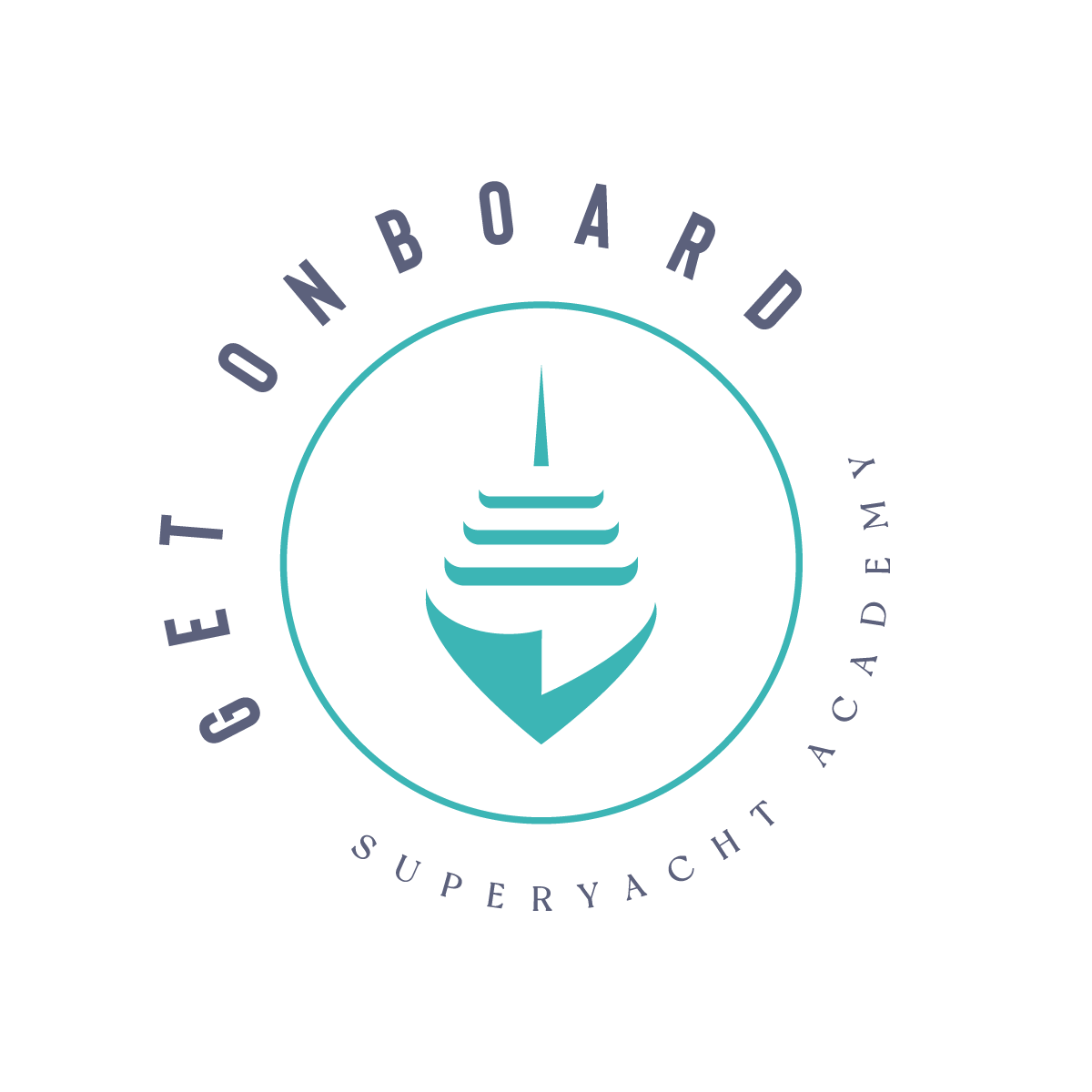So you’re thinking about taking a gap year from studies and going to work on a luxury yacht? We can tell you from experience that you’re in for one hellova ride! But also, possibly one of the most rewarding jobs you’ll ever have.
Most people’s first question to us is usually along the lines of “was all that stress and time away from friends worth it?” – Yes my friend, yes it was! It was incredibly challenging at times with a steep learning curve, but so rewarding. The experience alone taught us so many things that will help you when you decide to go back to your studies, or pursue a career post studies.
Taking A Gap Year
Taking a gap year between high school and college has been growing in popularity and can be a great alternative and opportunity for those who need a change of scenery with an abundance of growth and learning.
If you are considering continuing your studies on your return, it is advisable to possibly still apply to college or university in your senior year – thus taking advantage of high school connections, counsellors and teachers for support, and referrals. It’s also a great idea to ask prospective institutions about their gap year policy – which will also quickly help you determine whether it is for you or not. Some may require that you interview prior, and put down a deposit for your deferred studies.
Convincing Your Parents
The easiest way is to guarantee that you will continue to study further, by applying to your institution of choice prior to announcing your gap year, and of course telling your parents that some of the funds you’ll make on your gap year will go towards your further education!
The other is to convince them that it’s not a holiday – especially in the case of working on a luxury yacht. It may look glamorous and all, but it’s going to be a lot of discipline and hard work. You’ll learn some great people skills, tenacity and patience – all great skills to have for your further education or career later on.
What You Need To Know: Jobs Available
The most common types of jobs on superyachts, especially with no prior experience are for deckhands and stewardesses.
These roles do not require previous yachting experience, making these the easiest positions to jump into for inexperienced crew. Responsibilities for deckhands include deck maintenance, chamois/polishing the boat exterior, launching and driving tenders and assisting guests with the safe use of the boat’s ‘toys’ – banana boats, jet skis, laser sail boats etc. The stewardess’ responsibilities include detailing the boat’s interior, guest and crew laundry, housekeeping, meals and drinks service.
There is a lot of competition for the rookie jobs on yachts. The better prepared you can be, the more chance you might have of landing that job on luxury yacht or superyacht.
What You Need To Know: Eligibility
-
Typically aged 18 years or older are considered.
-
No criminal record.
-
Be able to swim.
-
Medically fit to pass a ENG1 Medical Examination.
-
Sufficient funds to pay for program fees, flights and all additional costs.
-
Be independent, self-motivated and customer service oriented.
-
Looking to work for a full year or longer.
What You Need To Know: Prep, Training & Visas
Certain credentials are now mandatory for new crew looking for superyacht jobs. Any person working on boats must hold an up-to-date seafarer medical certificate. In addition, all crew members must have completed the nine-day basic safety training course – STCW 2010.
Anyone looking to get into working on superyachts should be aware of the potential costs involved. The STCW course alone costs approximately R6,500, plus there may well be travel and accommodation expenditure involved, with no guarantee of a job at the end of it all. Having sufficient funds to go and live in some of the popular yacht departure locations, such as the south of France, Mediterranean, Caribbean etc will also help your chances of getting a job – as you can meet the Captain face to face.
You will also need to be prepared to work hard. The industry is well-known for its long hours and round the clock duties. In addition, crew quarters are invariably small and cramped, and undoubtedly you will be sharing with another person. The ability to get on well with other crew members in such conditions is a life skill worth learning.
Depending on where you’ll be located, you may also require specific Visas for travel and/ or work permits. Some Visa approvals can take quite long, depending on your local government, and country of travel. Be sure to try and plan in advance. You don’t want to get the opportunity of a lifetime only to be stuck on-shore as you don’t have the correct Visas!! Speak to us on tips to plan for this.
What You Could Earn
With no prior experience you would typically start as Junior Stewardesses (girls) or Deck Hands (boys). These positions will see you working very hard, often long and unsocial hours, but wages are substantial (and tax free) and the travel opportunities and other perks of the job are fantastic. Progression up through the ranks (and earning potential) will depend on your work ethic and level of motivation.
The earning potential onboard is also significant. Starting salaries for new crew are in the region of $2,200 per month. That’s also tax free and with no expenses as your living costs are paid for onboard. Some crews also will earn tips in addition – but this largely depends on the type of yacht you’re on, who’s on board and the purpose of the sail.
All in all, if you’re considering a gap year, the time it takes for training, courses, visas and just general waiting time to get picked to crew, can take a couple of months. If you are serious about doing this, try as best as possible to plan in advance. Go mix with local yachties and find out when the next opportunity could be. Sign up for placement academies and get your yachting CV ready.
With the right credentials and a bit of luck, you might just land your dream role working on a luxury yacht, making money, rubbing shoulders with the world’s rich and famous and getting to see some beautiful places whilst at it.
Download our ultimate deckhand insiders guide, or book a consulting session with us to help you through your next steps.


